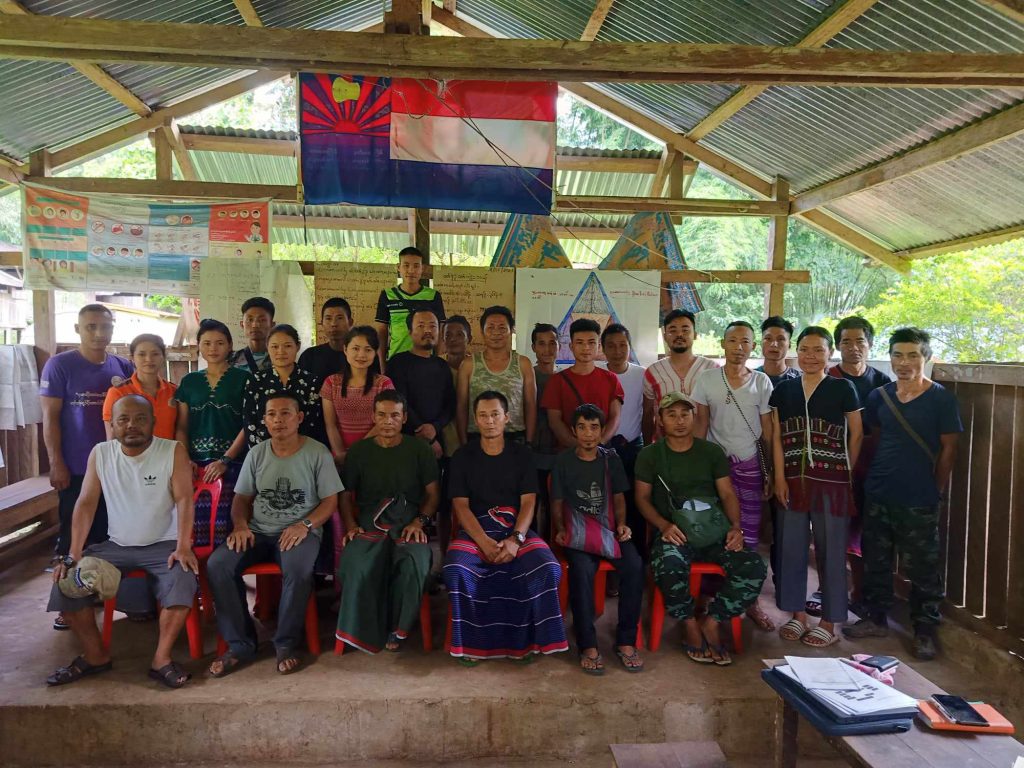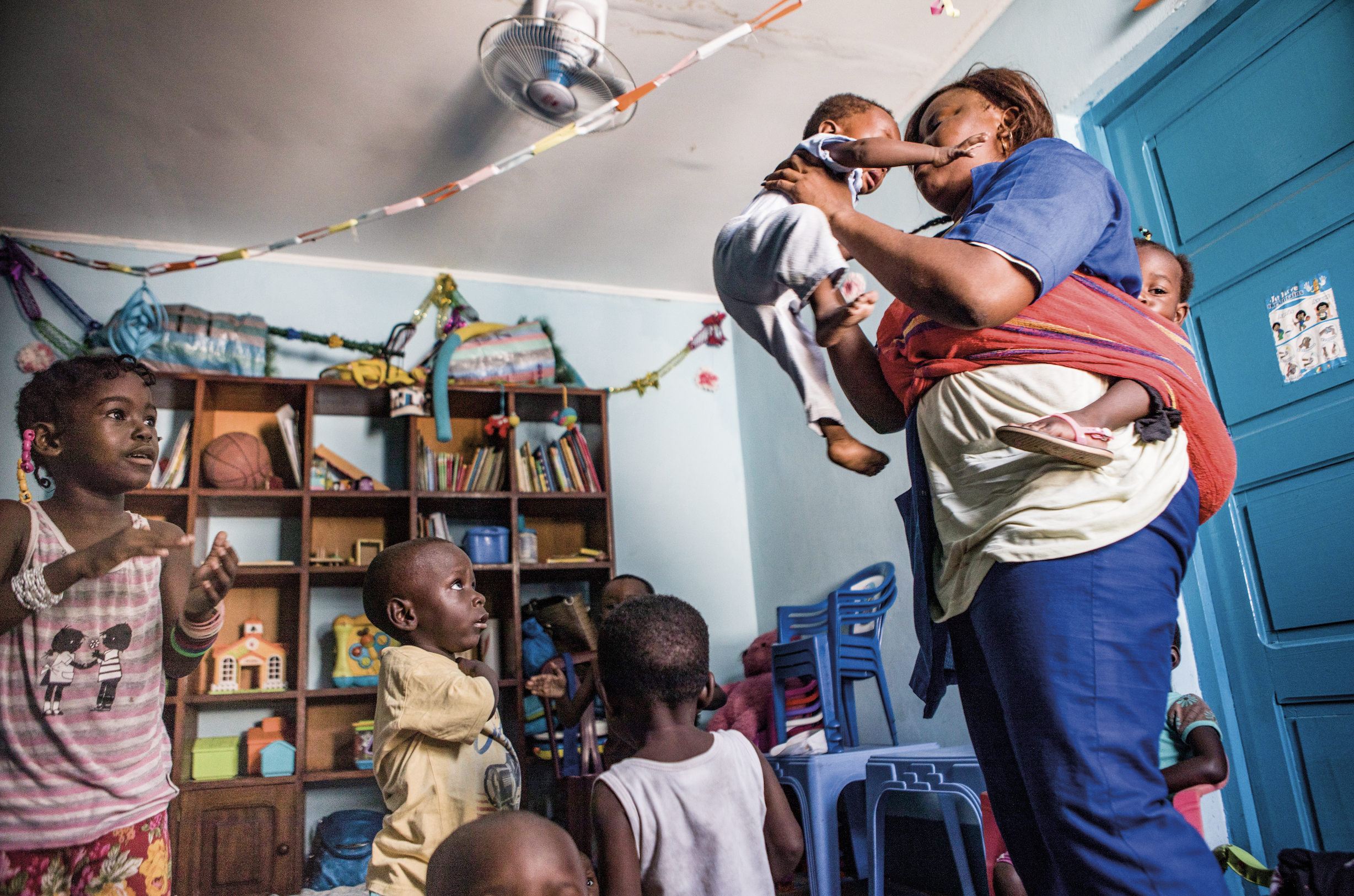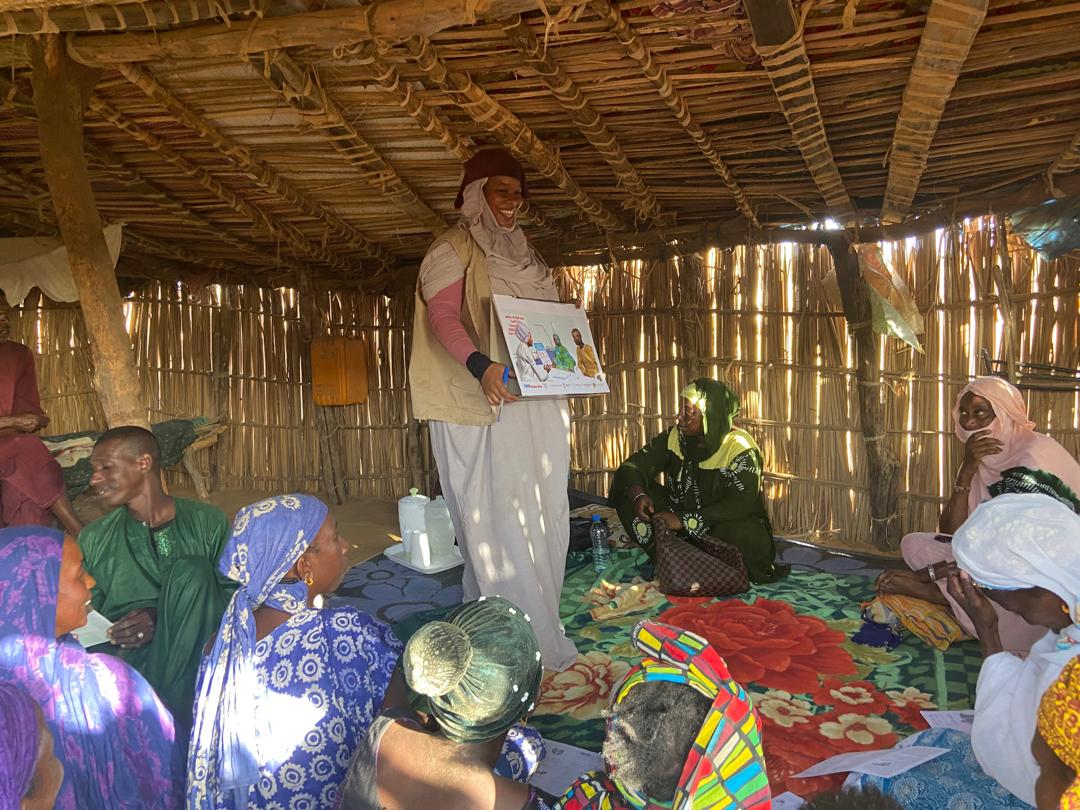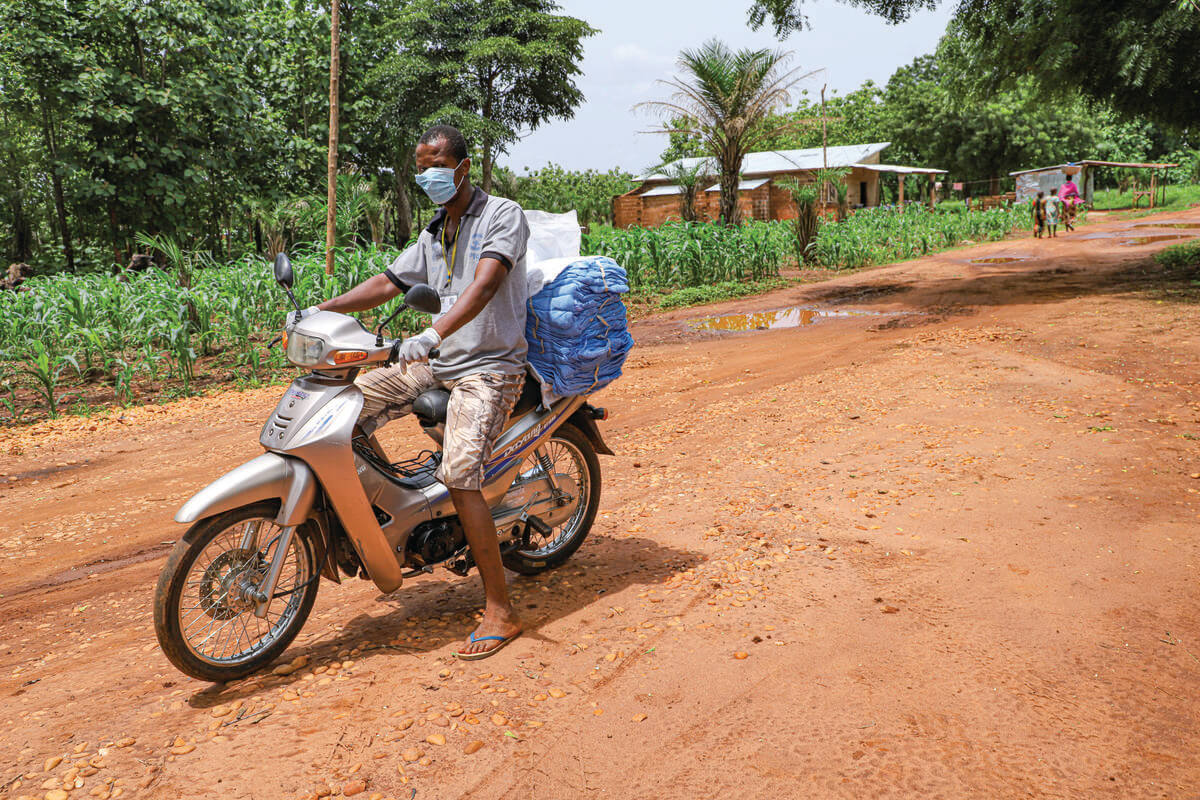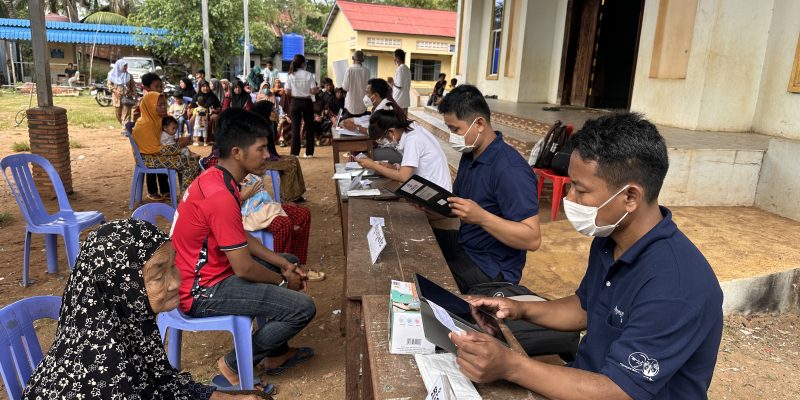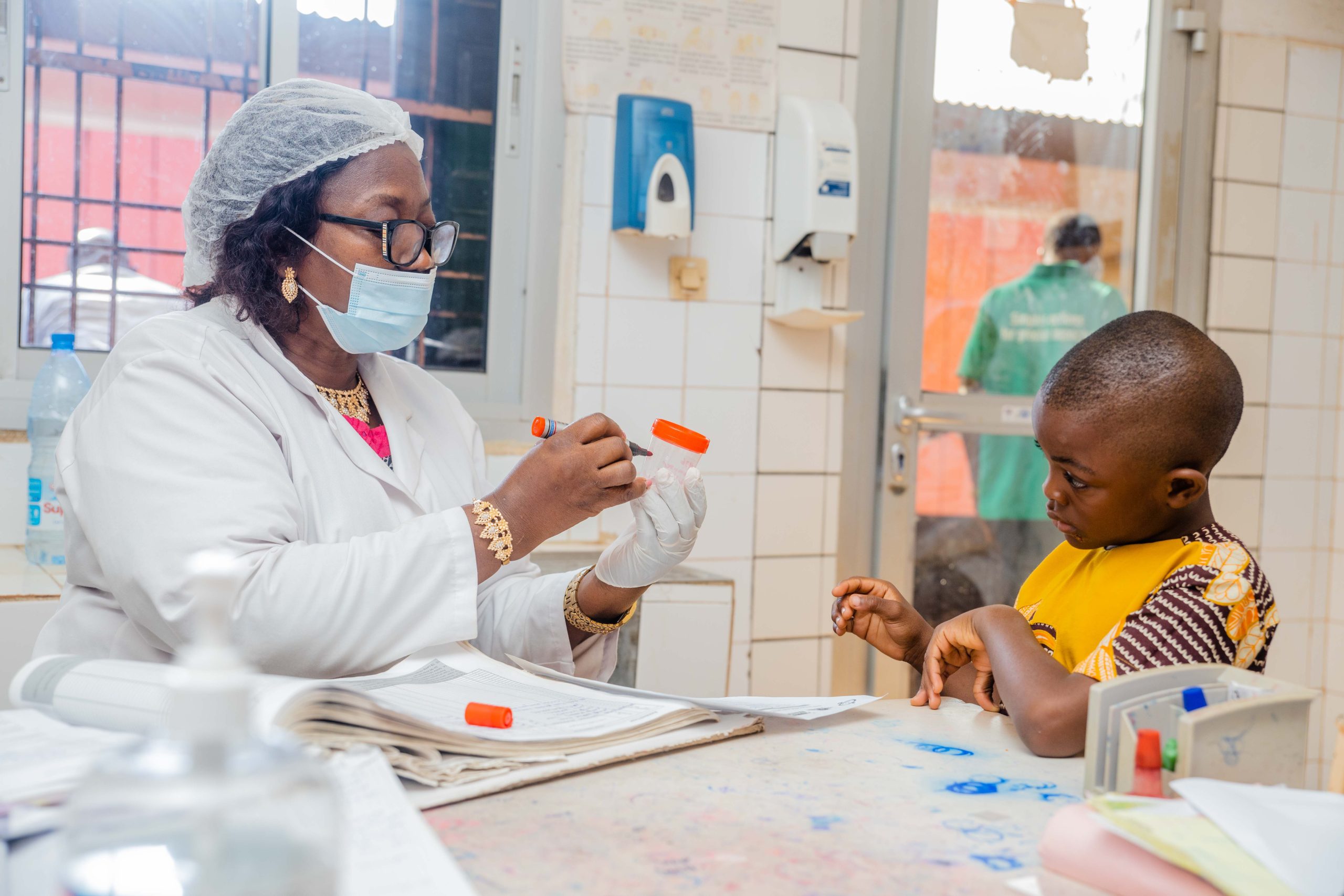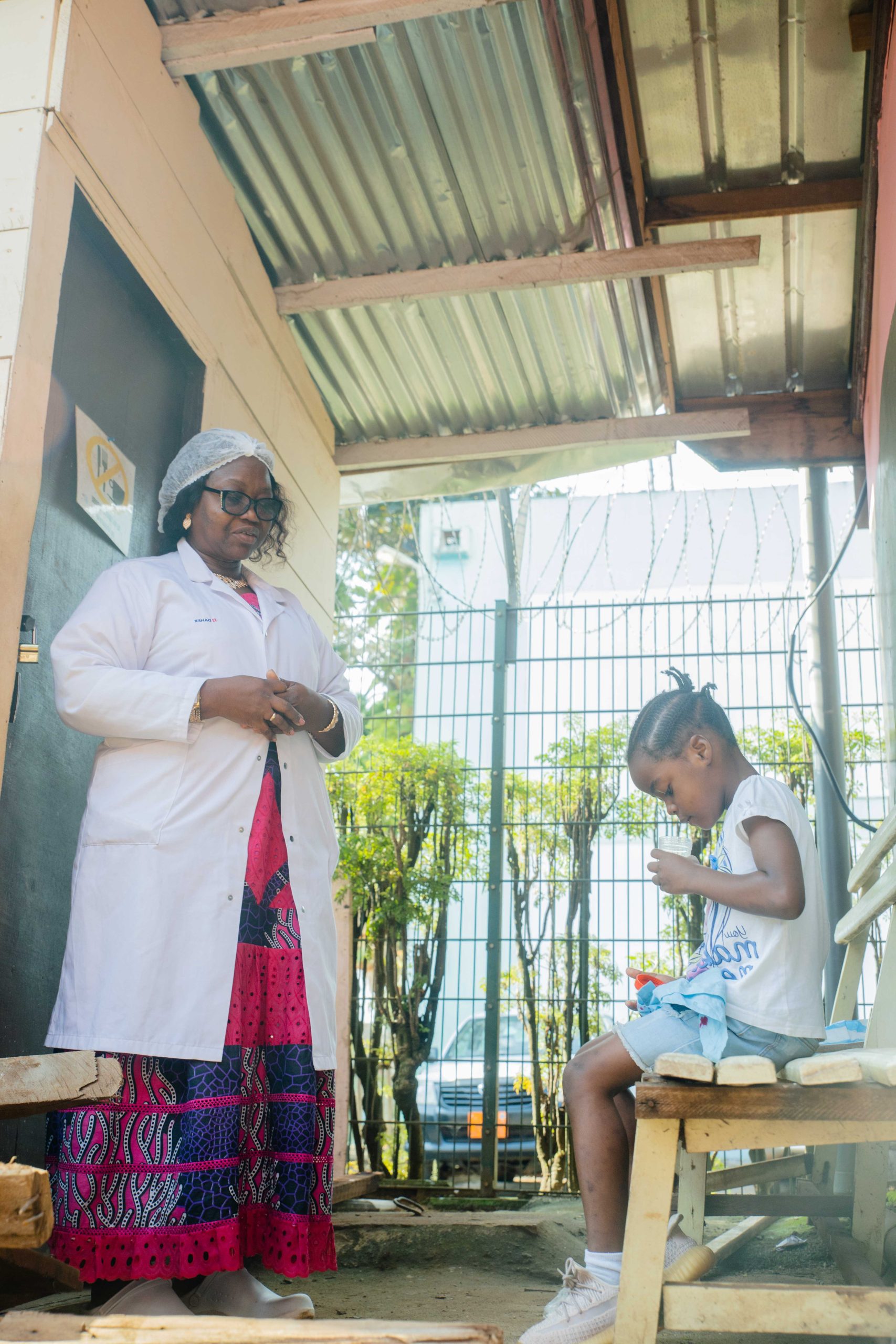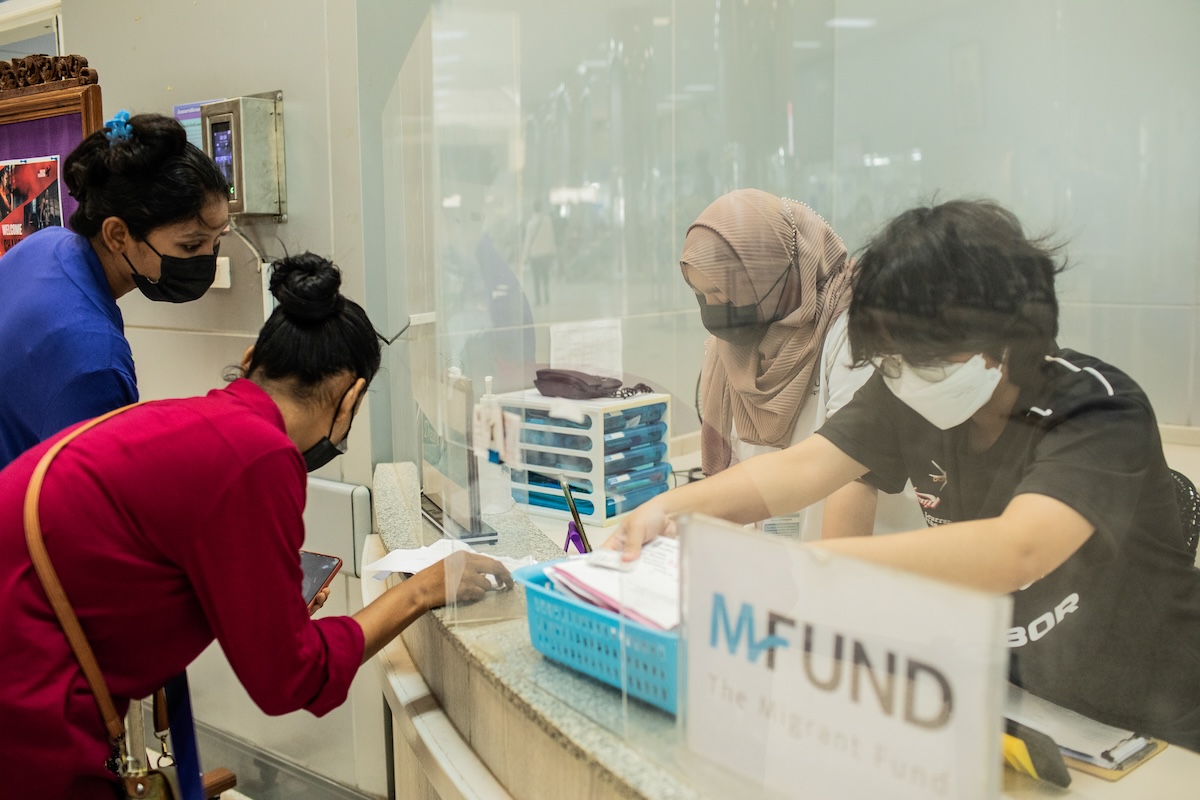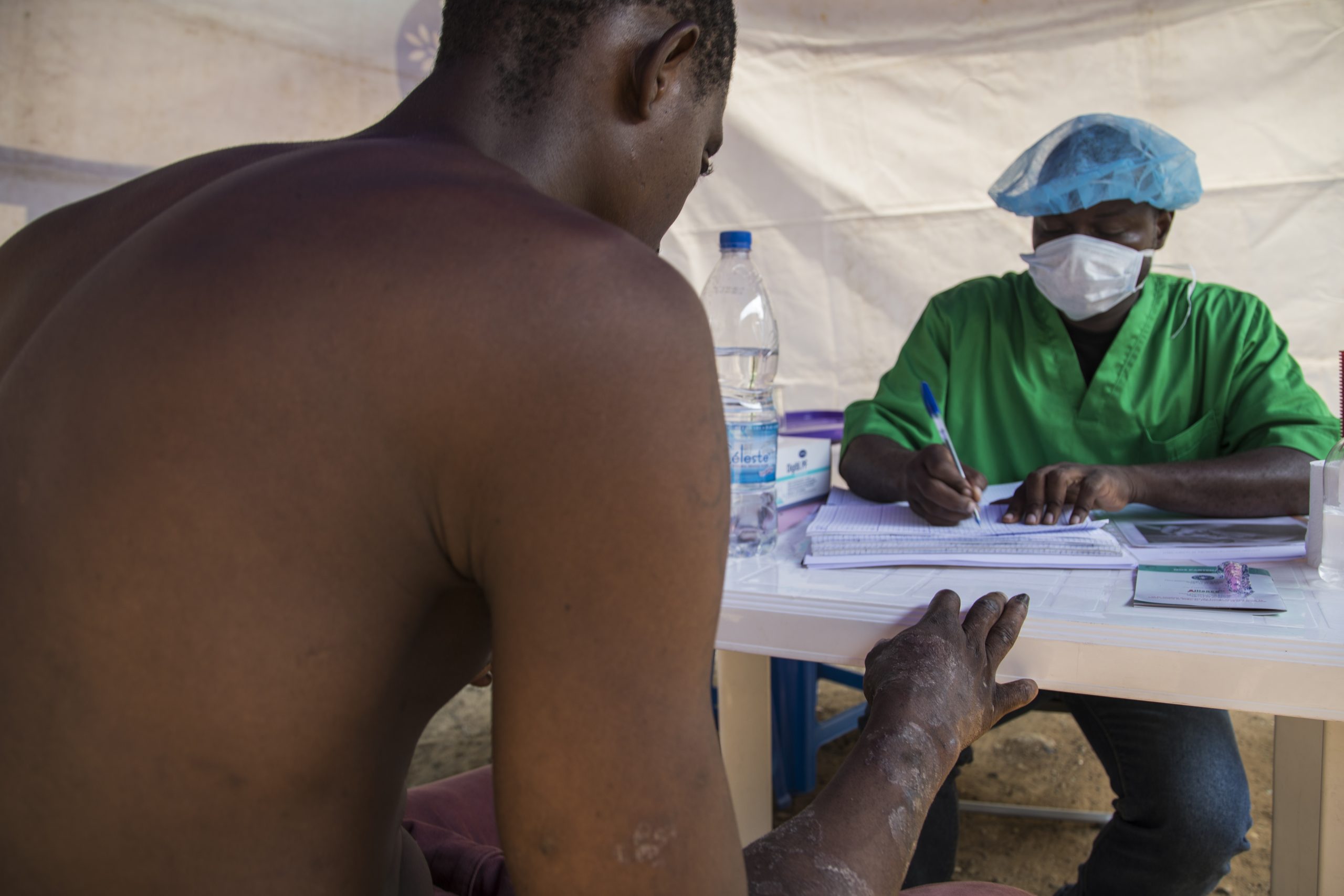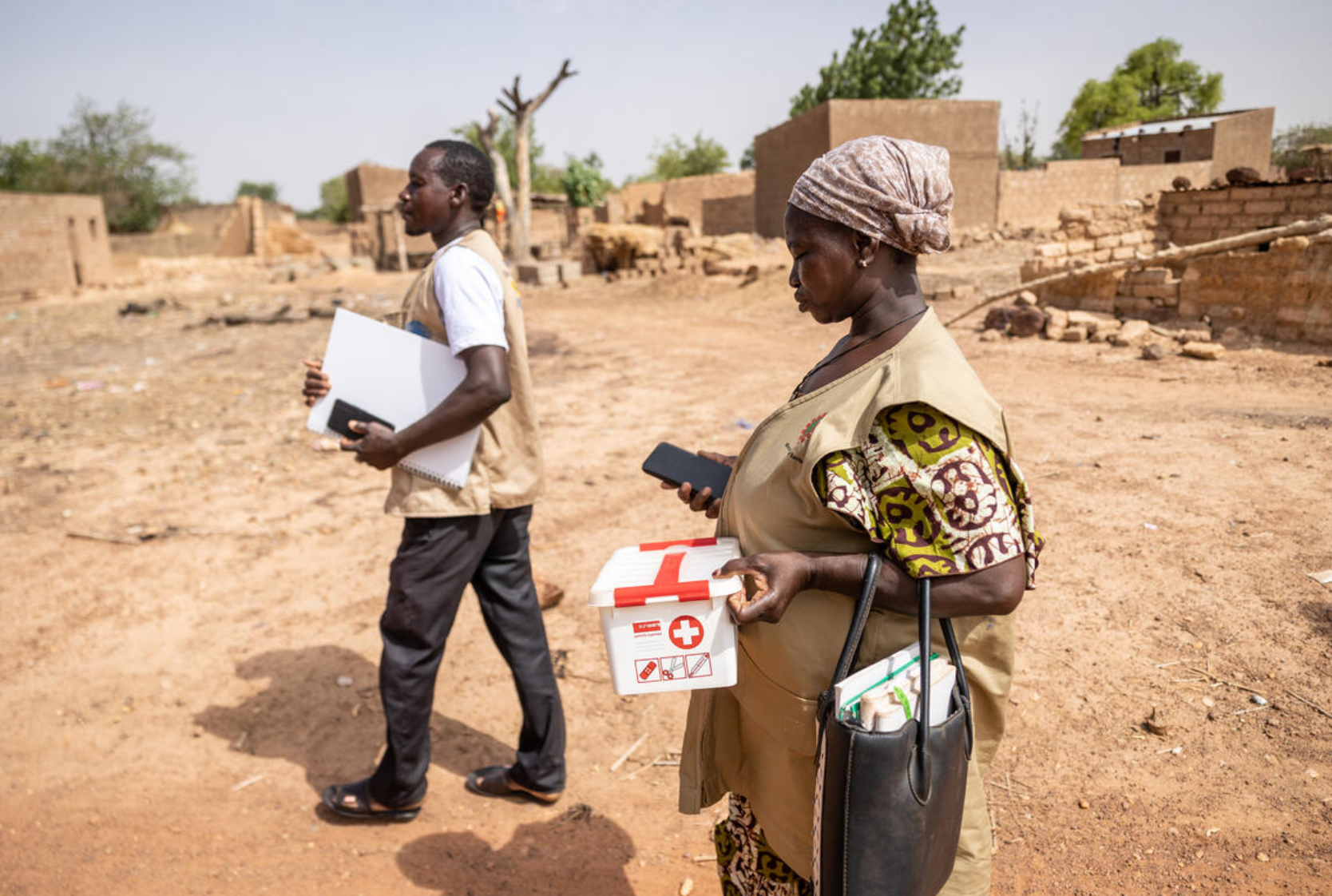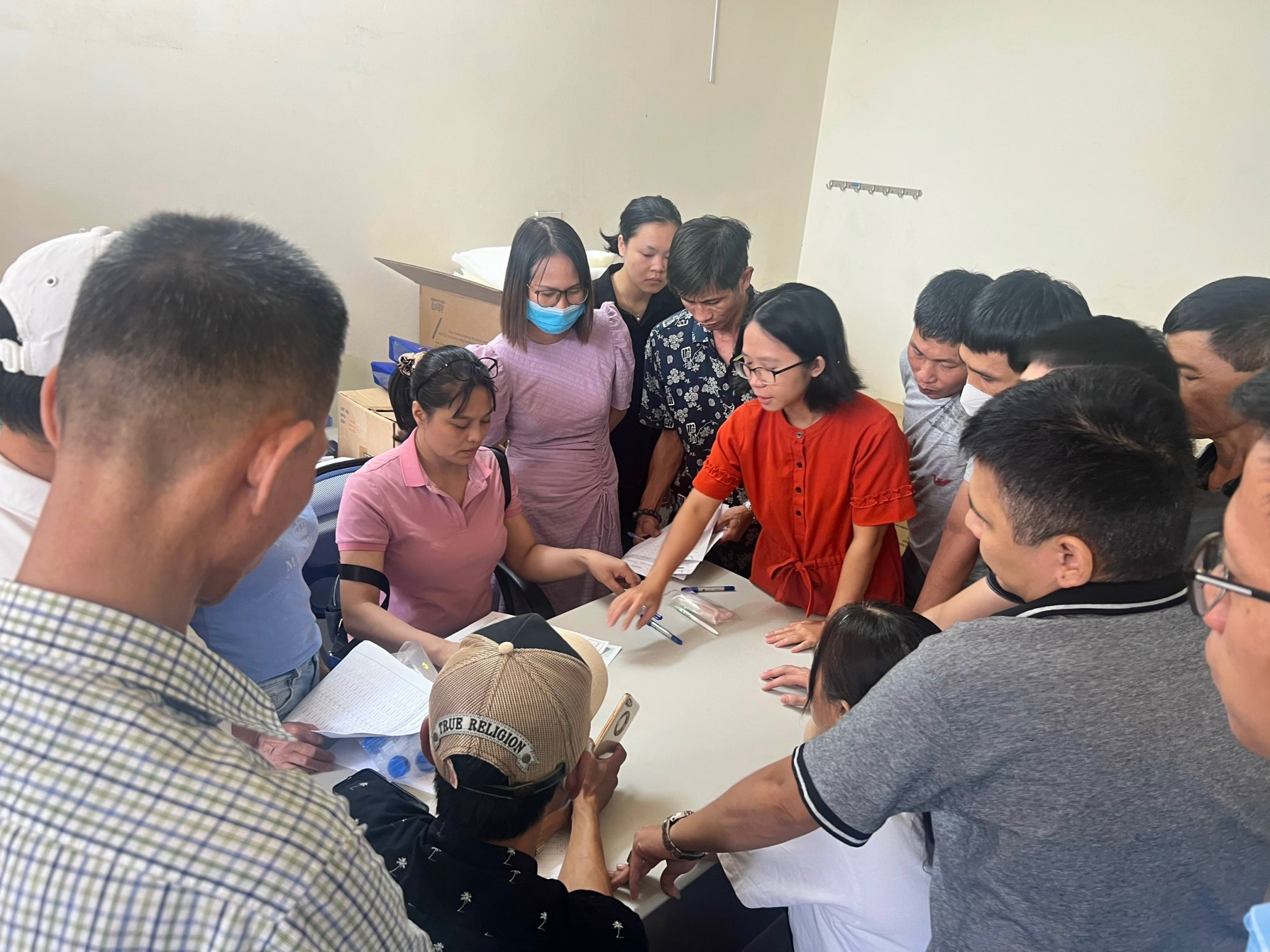The project aims to enhance tuberculosis (TB) care for marginalized populations, focusing displaced populations in Myanmar. By adopting an innovative community-based approach, it will improve screening, prevention and patient follow-up. Additionally, the project builds skills and capacities within these communities to address geographical, economic and gender-related barriers.
Context
This project operates in remote areas of Karen state in Myanmar, a high TB burden country. TB services are scarce in these hard-to-reach regions, especially for ethnic minority populations, vulnerable populations of migrants, and internally displaced persons. These communities have limited access to healthcare, high treatment costs and poor treatment completion. Barriers for early TB diagnosis and treatment include the absence of a supported sputum transport system and a supportive environment to meet the needs of marginalized groups. Health systems along the Myanmar-Thailand border remain underdeveloped and underfunded. Despite persistent political and security challenges–such as ongoing conflicts near the project area and periodic closures of the Thailand-Myanmar border–,the project continues to deliver essential services to marginalized populations.
Description
This project’s goal is to improve accessibility and quality of the SMRU TB Control Program for marginalized populations by increasing TB case detection rates and enhancing treatment success rates. A set of activities and targets including gender-sensitive measures has been formulated to achieve the objectives. The main activities implemented are:
- Capacity-building trainings for malaria post workers and community health workers
- TB diagnostic and treatment
- Advocacy workshop with community leaders
- Community engagement, TB awareness raising in community
Impact
This project is expected to enhance TB cases detection in communities and strengthen support of patients undergoing treatment. Additionally, it aims to improve treatment success rates of SMRU TB centres through gender-sensitive psychosocial support for patients.
